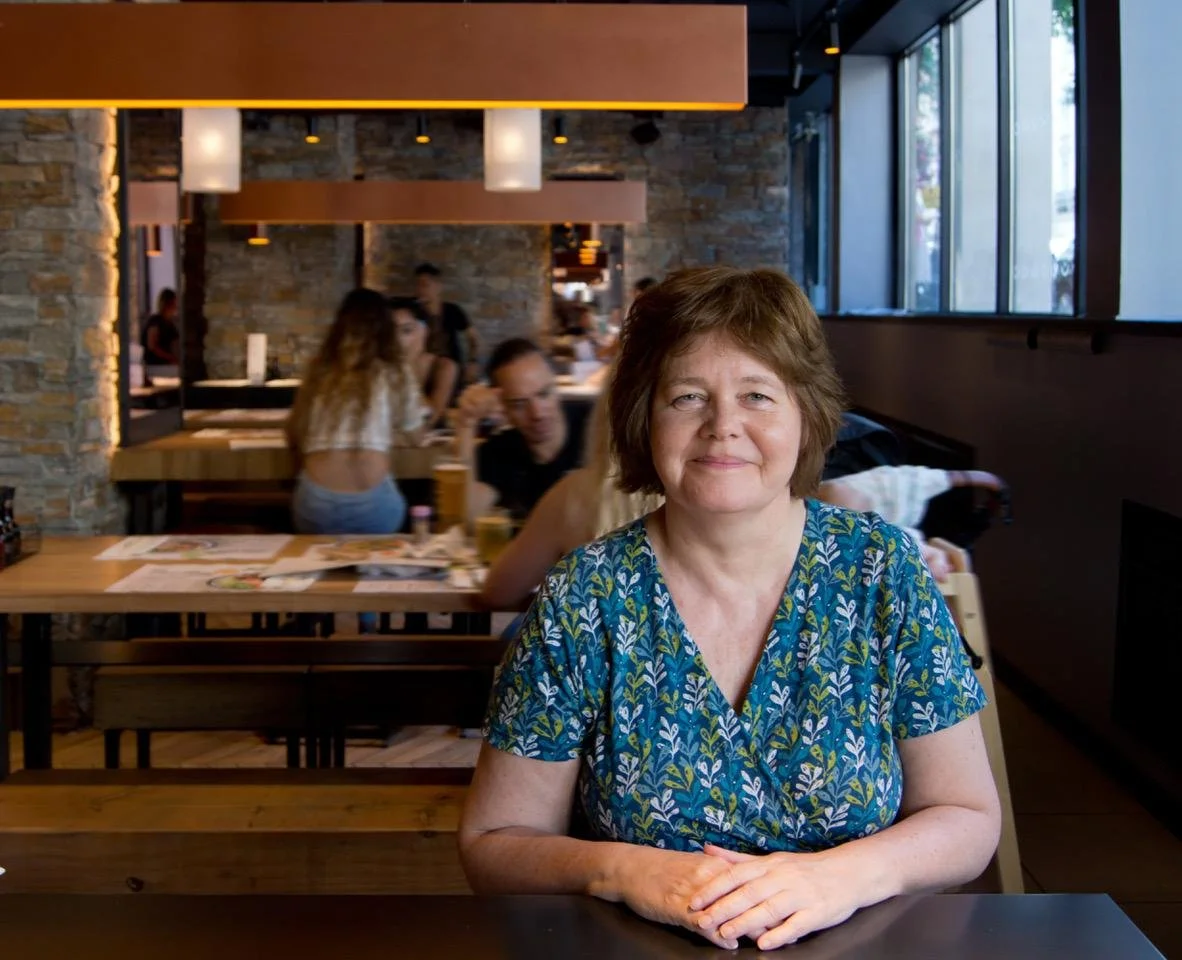Ep 21: The potential to change the world through food, placing value on what we eat, and why the word “mundane” is anything but.
Carolyn Steel, MA (Cantab) ARB
Author of Sitopia: How Food Can Save the World
Subscribe to What’s Burning wherever you get your podcasts: Apple Podcasts | Spotify | Stitcher | Google Podcasts | Audible & more.
Carolyn Steel is a leading thinker on food and cities. A London-based architect, author and academic, she wrote the award-winning Hungry City: How Food Shapes Our Lives (2008) and Sitopia: How Food Can Save the World (2020). Her concept of sitopia, or food-place (from the Greek sitos, food + topos, place) has gained broad recognition across a range of fields in design, ecology, academia and the arts.
Carolyn studied architecture at Cambridge University and has since taught at Cambridge, London Metropolitan University, Wageningen University, Slow Food University and at the London School of Economics, where she was inaugural studio director of the Cities Programme. Her lecture series on Food and the City, given at Cambridge between 2002-12, was the first of its kind.
Carolyn is a non-executive director of Kilburn Nightingale Architects, a trustee of the Oxford Symposium of Food and Cookery and is currently a Research Fellow at Aeres University in the Netherlands. She writes and broadcasts regularly about food, cities and culture and is in international demand as a speaker. Her 2009 TEDGlobal talk has received more than one million views.
On this episode, Carolyn joins host Mitchell Davis and discusses the potential to change the world through food, placing value on what we eat, and why the word “mundane” is anything but.
Follow Carolyn on Twitter @carolynsteel
For more on Carolyn and her work, visit her website.

